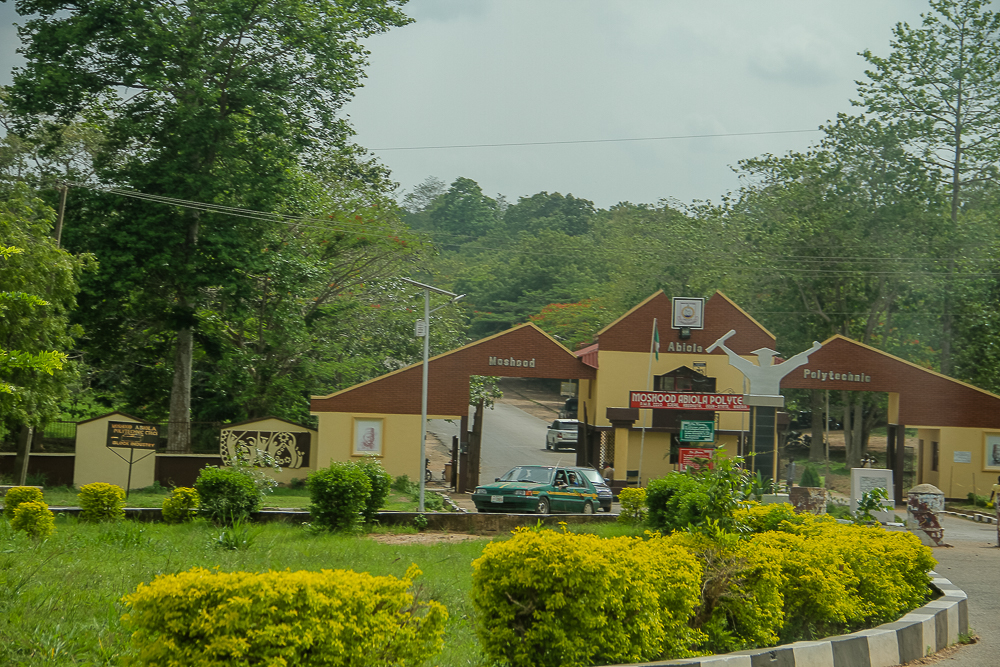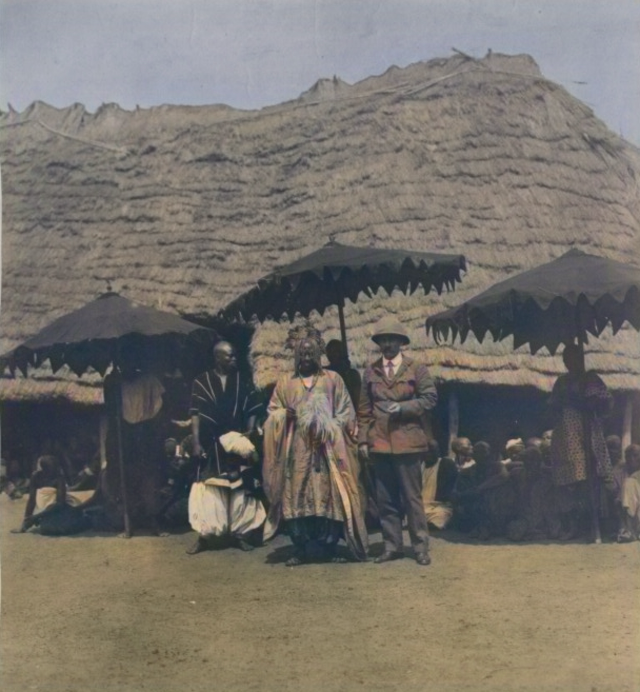|
Akesan
Akesan is the mythical founder of Iperu, an ancient town in Ogun State, South-Western Nigeria. Oral history has it that Akesan was a daughter to an Alaafin who along with her husband Ajagbe migrated from Ile Ife to finally settle in Iperu around the 13th or 14th century. See also *Oyo Empire *Iperu Remo Iperu or Iperu Akesan Bale Oja is a town near the Ibu River in Ogun State in the southwestern region of Nigeria. It is the most populous town in the Remo Region of the Ikenne Local Government Area. The entire LGA has an area of 137.13 km² ... References {{Nigeria-hist-stub People from Oyo State ... [...More Info...] [...Related Items...] OR: [Wikipedia] [Google] [Baidu] |
Iperu Remo
Iperu or Iperu Akesan Bale Oja is a town near the Ibu River in Ogun State in the southwestern region of Nigeria. It is the most populous town in the Remo Region of the Ikenne Local Government Area. The entire LGA has an area of 137.13 km² and a population of 178,412 at the 2006 census. Etymology There are many assertions about the name of the town Iperu: The first school of thought i.e. oral African History says Akesan was said to have settled at the present Akesan market where she sold cooked maize. It was said that there was a palm tree that had sunk close-by where she sat to sell her wares, and there was a hole where the palm tree sank, meaning in Yoruba " ''Ibi tí ọ̀pẹ̀ ti rù''", the sentence was abridged to "Iperu". The second school of thought i.e. oral African History about the name "Iperu" was that a lot of palm-trees abound around the place where Akesan was selling her cooked maize. The place where there were a lot of palm trees or the place where palm t ... [...More Info...] [...Related Items...] OR: [Wikipedia] [Google] [Baidu] |
Ogun State
Ogun State is a state in southwestern Nigeria. Created on 3 February 1976 from the former Western State. Ogun State borders Lagos State to the south, Oyo State and Osun State to the north, Ondo State to the east, and the Republic of Benin to the west. Abeokuta is both Ogun State's capital and most populous city; other important cities in the state include Ijebu Ode, the royal capital of the Ijebu Kingdom, and Sagamu, Nigeria's leading kola nut grower. Ogun state is covered predominantly by rain forest and has wooden savanna in the northwest . Ogun State had a total population of 3,751,140 residents as of 2006, making Ogun State the 16th most populated state in Nigeria In terms of landmass, Ogun State is the 24th largest State in Nigeria with land area of 16,762 kilometer square. Nicknamed the "Gateway to Nigeria", the state is notable for having a high concentration of industrial Estates and being a major manufacturing hub in Nigeria. Major factories in Ogun include the Dangote ... [...More Info...] [...Related Items...] OR: [Wikipedia] [Google] [Baidu] |
Nigeria
Nigeria ( ), , ig, Naìjíríyà, yo, Nàìjíríà, pcm, Naijá , ff, Naajeeriya, kcg, Naijeriya officially the Federal Republic of Nigeria, is a country in West Africa. It is situated between the Sahel to the north and the Gulf of Guinea to the south in the Atlantic Ocean. It covers an area of , and with a population of over 225 million, it is the most populous country in Africa, and the world's sixth-most populous country. Nigeria borders Niger in the north, Chad in the northeast, Cameroon in the east, and Benin in the west. Nigeria is a federal republic comprising of 36 states and the Federal Capital Territory, where the capital, Abuja, is located. The largest city in Nigeria is Lagos, one of the largest metropolitan areas in the world and the second-largest in Africa. Nigeria has been home to several indigenous pre-colonial states and kingdoms since the second millennium BC, with the Nok civilization in the 15th century BC, marking the first ... [...More Info...] [...Related Items...] OR: [Wikipedia] [Google] [Baidu] |
Oral History
Oral history is the collection and study of historical information about individuals, families, important events, or everyday life using audiotapes, videotapes, or transcriptions of planned interviews. These interviews are conducted with people who participated in or observed past events and whose memories and perceptions of these are to be preserved as an aural record for future generations. Oral history strives to obtain information from different perspectives and most of these cannot be found in written sources. ''Oral history'' also refers to information gathered in this manner and to a written work (published or unpublished) based on such data, often preserved in archives and large libraries.oral history. (n.d.) The Columbia Electronic Encyclopedia®. (2013). Retrieved March 12, 2018 from https://encyclopedia2.thefreedictionary.com/oral+history Knowledge presented by Oral History (OH) is unique in that it shares the tacit perspective, thoughts, opinions and understanding of the ... [...More Info...] [...Related Items...] OR: [Wikipedia] [Google] [Baidu] |
Alaafin
Alaafin, or ''The Owner of the Palace'' in the Yoruba language, is the title of the emperor of the medieval Oyo empire and present-day Oyo town of West Africa. He ruled the old Oyo Empire which extended from the present day Benin republic to Nigeria originating from states in the South East and West to the North. The people under him are called Yoruba people and spoke the Yoruba Language. The Alaafin of Oyo in Yoruba mythology and history is said to be one of Oduduwa seven grandsons who later became Kings, forming the bedrock of the Yoruba Civilization /sup> . The title was retained after the fall of the Oyo Empire as the official title of the ceremonial ruler of the contemporary natives of Oyo, Nigeria. The Alaafin is the political head of the Yoruba people and the only monarch with the pre-requisite power to appoint a chieftain representing the entire Yorubaland Yorubaland () is the homeland and cultural region of the Yoruba people in West Africa. It spans the modern-d ... [...More Info...] [...Related Items...] OR: [Wikipedia] [Google] [Baidu] |
Ile Ife
Ile may refer to: * iLe, a Puerto Rican singer * Ile District (other), multiple places * Ilé-Ifẹ̀, an ancient Yoruba city in south-western Nigeria * Interlingue (ISO 639:ile), a planned language * Isoleucine, an amino acid * Another name for Ilargi Ilargi, Ile or Ilazki is the name of the Moon in Basque language. In Basque mythology, she is the daughter of Mother Earth Mother Earth may refer to: *The Earth goddess in any of the world's mythologies *Mother goddess * Mother Nature, a commo ..., the moon in Basque mythology * Historical spelling of Islay, Scottish island and girls' name * Another name for the Ili River in eastern Kazakhstan * ''Ile'', a gender-neutral pronoun in Portuguese See also * ILE (other) * * {{disambiguation ... [...More Info...] [...Related Items...] OR: [Wikipedia] [Google] [Baidu] |
Oyo Empire
The Oyo Empire was a powerful Yoruba empire of West Africa made up of parts of present-day eastern Benin and western Nigeria (including Southwest zone and the western half of Northcentral zone). It grew to become the largest Yoruba language, Yoruba-speaking state and rose through the outstanding organizational and administrative skills of the Yoruba people, wealth gained from trade, and a powerful cavalry. The Oyo State, Oyo Empire was one of the most politically important states in the entirety of Western Africa from the mid-17th to the late 18th century, and held sway not only over most of the other kingdoms in Yorubaland, but also over nearby African states, notably the Fon people, Fon Kingdom of Dahomey in the modern Republic of Benin on its west. History Legend of origin The origins of the Oyo Empire lie with Oranyan (also known as Oranmiyan), the last prince of the Yoruba Kingdom of Ile-Ife (Ife). Oranmiyan made an agreement with his brother to launch a punitive raid o ... [...More Info...] [...Related Items...] OR: [Wikipedia] [Google] [Baidu] |



